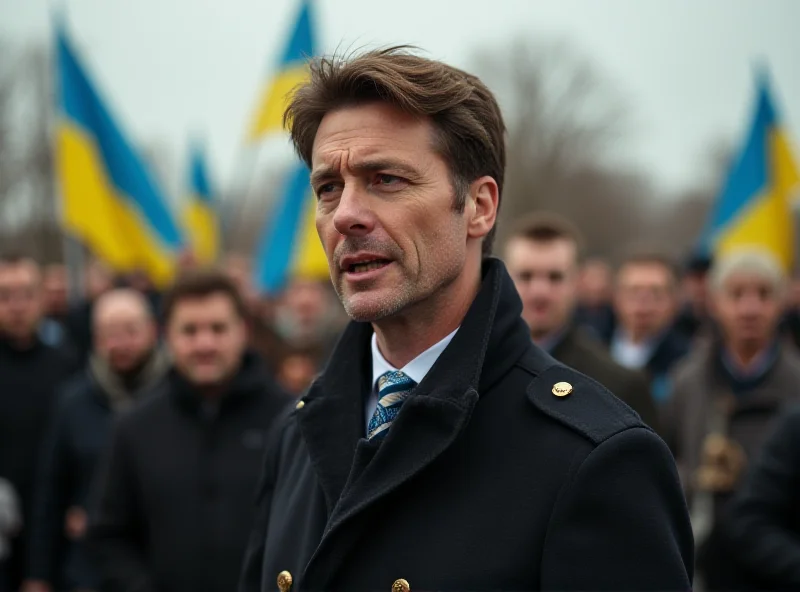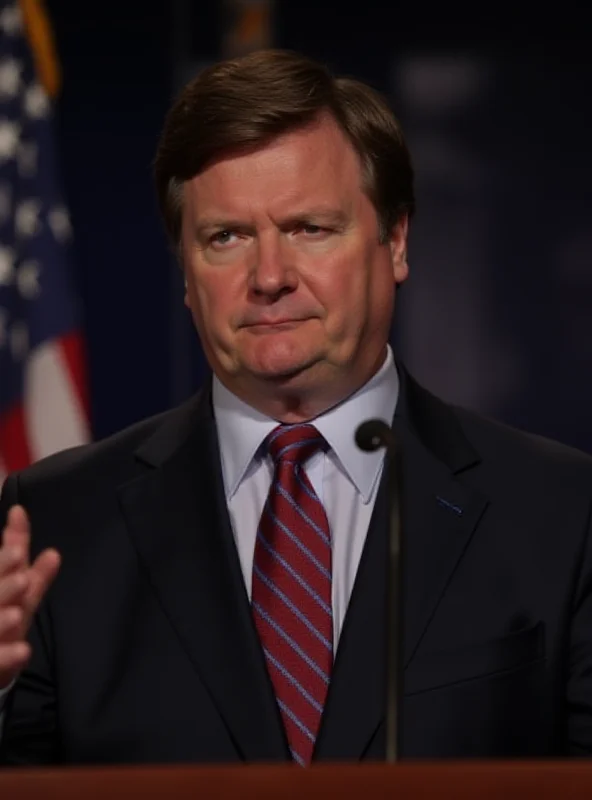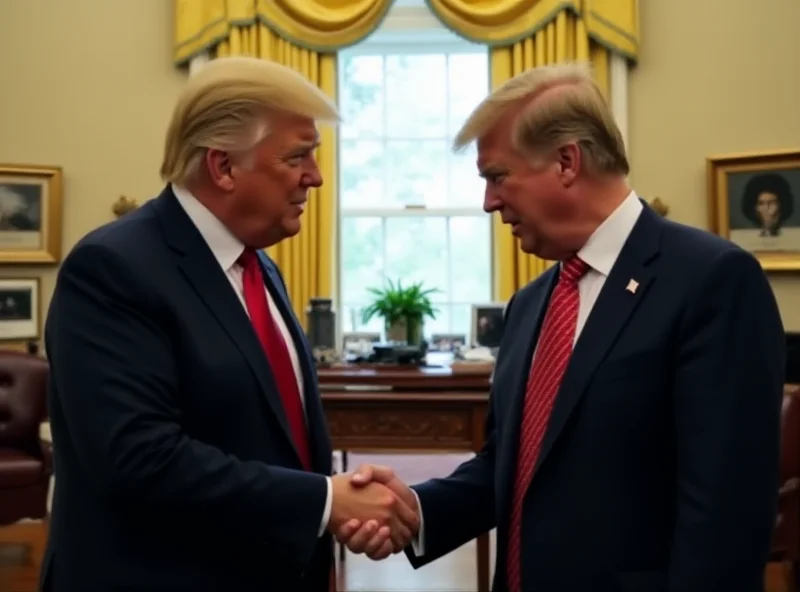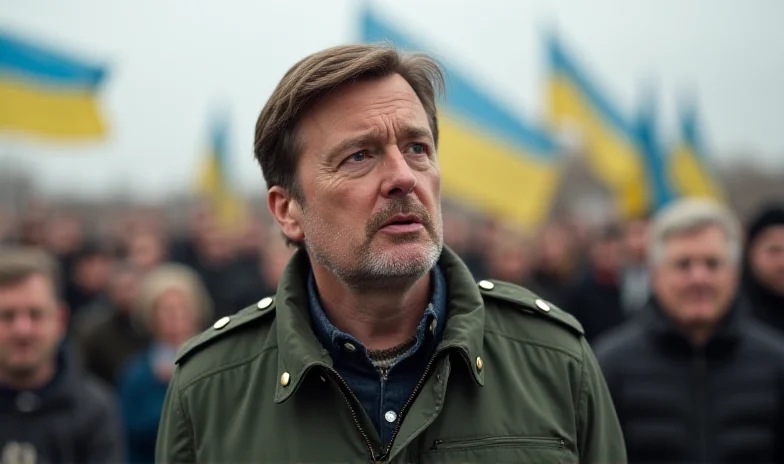Ukrainian President Volodymyr Zelensky finds himself navigating a complex web of political pressures, both at home and abroad. Recent weeks have seen the leader facing criticism from prominent US figures, coupled with hints of potential concessions aimed at ending the ongoing conflict with Russia. Is the relationship between Ukraine and the United States on shaky ground?
Graham Calls for Apology
Senator Lindsey Graham (R-SC) recently appeared on FNC's "America Reports" following a "much-publicized dust-up" involving former President Donald Trump and Zelensky. Graham didn't mince words, calling on Zelensky to apologize. "Zelensky marginalized himself with the American people," Graham stated, according to Breitbart. This public rebuke highlights a potential shift in sentiment within some segments of the Republican party regarding US support for Ukraine.

The senator's remarks underscore the growing tension surrounding US aid to Ukraine, especially as the war drags on and domestic political considerations take center stage. The specific incident that triggered Graham's call for an apology remains somewhat unclear, but it's evident that the optics of Zelensky's interactions with American leaders are being closely scrutinized.
Vance's Scolding and Zelensky's Response
Adding to the pressure, US Vice President JD Vance reportedly "scolded" Zelensky for a perceived lack of gratitude for US military support. In response, Zelensky allegedly sent 37 thank you messages, a move interpreted by some as an attempt to mend fences and demonstrate appreciation for the crucial assistance provided by the United States.

This incident highlights a delicate balancing act for Zelensky. He must maintain strong relationships with key allies like the US while simultaneously navigating the complexities of a protracted war and domestic political pressures. The perception of gratitude, or lack thereof, has clearly become a significant factor in the ongoing dialogue between the two nations.
Concessions for Peace?
Adding another layer to the situation, Zelensky has hinted at a willingness to make "major concessions" to force Donald Trump's hand in ending the Ukraine war. Following a heated exchange with Trump at the White House, Zelensky suggested during a visit to the UK that compromise might be necessary to achieve peace with Russia. This shift in tone suggests a potential change in strategy, perhaps driven by the growing pressures outlined above.

However, such concessions could prove politically risky for Zelensky, both domestically and internationally. Any perceived weakness or appeasement towards Russia could alienate supporters and embolden further aggression. The path forward remains uncertain, but it's clear that Zelensky faces a challenging road ahead as he seeks to navigate the complex geopolitical landscape and secure a lasting peace for Ukraine.
The Warning for Global War
Zelensky has also issued a warning, saying that showing gratitude to the US is a key issue needed to stop a wider global war with Russia. This statement came after his contentious meeting with Trump and Vance in the Oval Office.

This underscores the importance of the US-Ukraine relationship and the potential global implications of the conflict. The coming months will be critical in determining the future of Ukraine and its relationship with its allies.
"The situation is extremely delicate," says one analyst. "Zelensky needs to balance maintaining US support with navigating the complex realities on the ground."
